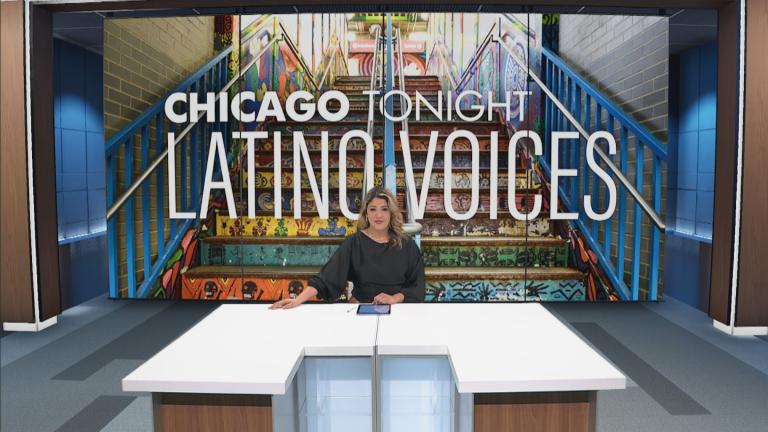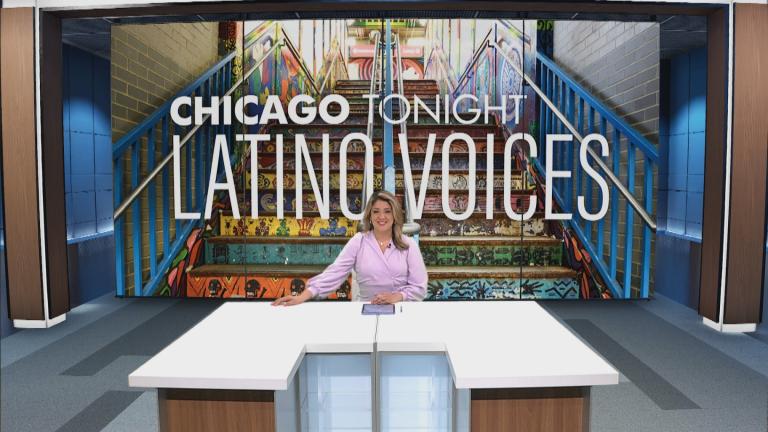More than 70 immigrants were dropped off in Chicago earlier this week on buses sent by Texas Gov. Greg Abbott.
Chicago is the latest city to receive migrants from Texas after Abbott also sent buses to New York City and Washington D.C. Abbott said he’s moving out migrants to other cities because the border crisis has Texas overwhelmed. Critics say he’s using them in an attempt to send a political message.
“The governor is essentially reinforcing his political position that migrants are not welcomed in the United States, migrants are not welcomed in Texas and he wants to get them out of Texas as soon as possible without any regard for services, coordination,” said Gladis Molina Alt, executive director at the Young Center for Immigrant Children’s Rights. “Without any regard to the migrants’ dignity and humanity.”
Johannes Favi, the program director of Chicago Immigrant Transit Assistance with the Interfaith Community for Detained Immigrants, helps newly arrived migrants and asylum seekers at the Chicago Greyhound station. He said volunteers meet their most immediate needs by giving them food, wipes, clothes and shoes.
Most of the migrants who arrived in Chicago are from Venezuela, a country that has been experiencing economic and political instability. Over 6 million people have left Venezuela due to the humanitarian crisis, according to the International Organization For Migration.
“It is traumatizing to leave your country, your comfort zone and pack everything last minute with your kids and make a decision to go somewhere not knowing if you’ll find food, shelter or anything,” Favi said. “It is just horrible that they’re treated the way they are when they arrive to the United States.”
The city of Chicago is considered a “Welcoming City,” which is supposed to ensure that undocumented residents are not prosecuted solely due to their immigration status as they seek city services and resources.
“There are people who are willing to not just recognize the humanity of these people who are arriving, but really receive them with dignity and try to provide them with the information they need to make their best decisions,” said Jessica Darrow, an associate instructional professor at the University of Chicago Crown Family School of Social Work, Policy, and Practice.
The social safety net of the migrants who arrived in Chicago and their access to government support is largely based on them being granted asylum, which is determined by whether they have a validated claim of a well-founded fear of persecution.
“If they don’t receive asylum or don’t seek it, then, unfortunately, our social safety net doesn’t provide a whole lot for the folks that came off of that bus,” Darrow said.








